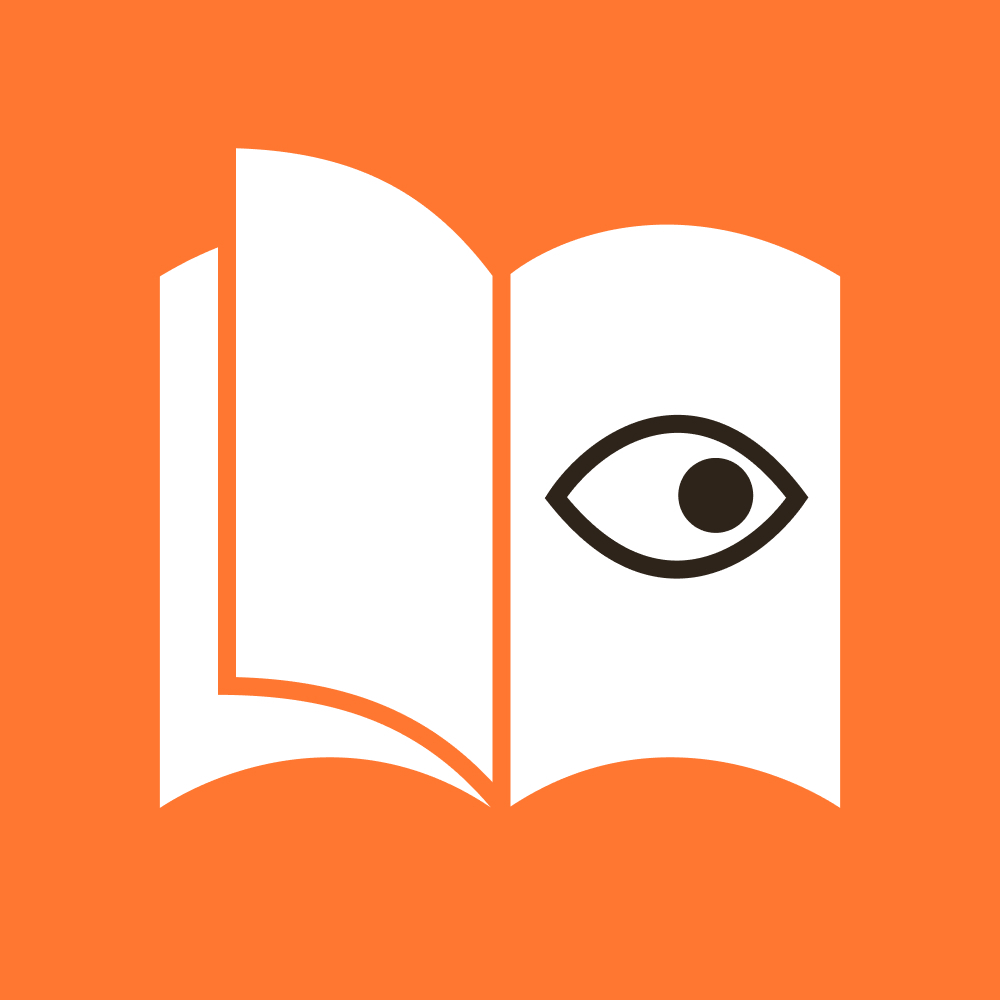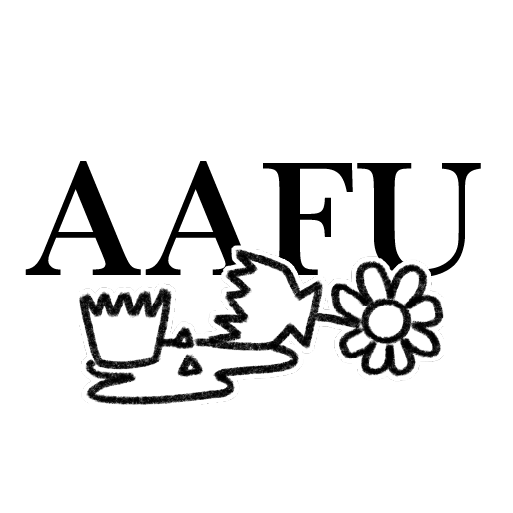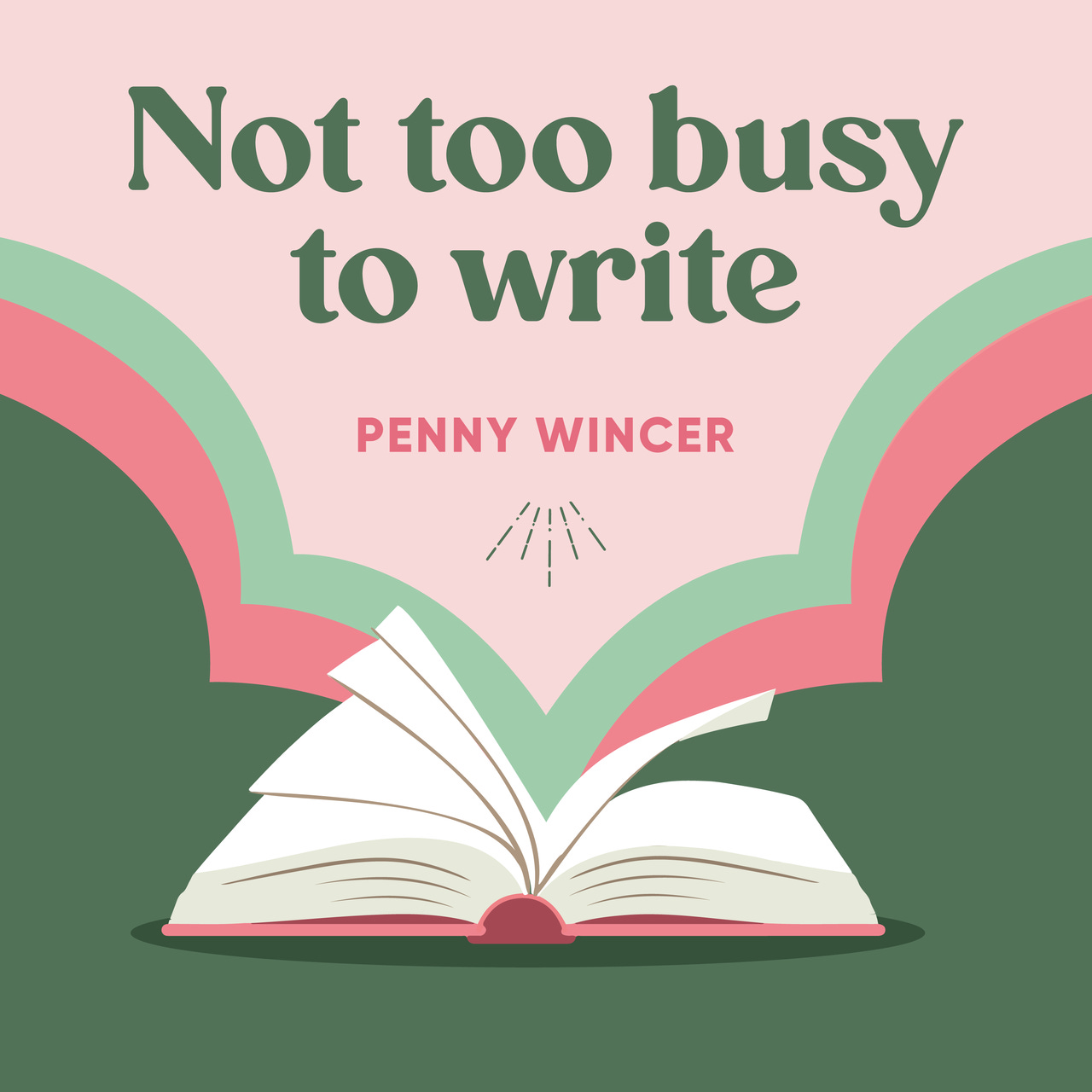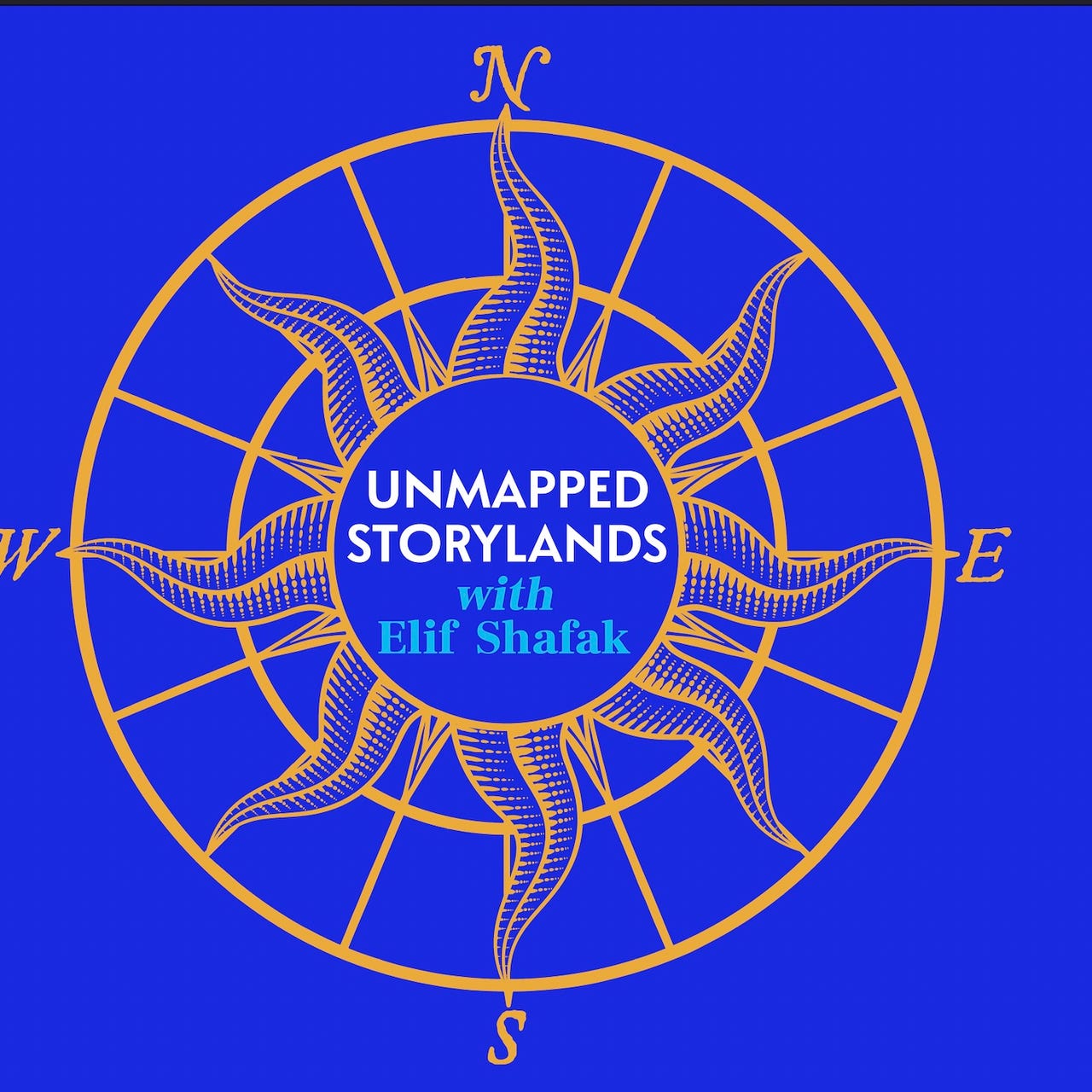Hello and welcome to another edition of Substack Reads! This week, novelist Garth Greenwell remembers encounters with the late poet Louise Glück that inspired him, author Sarah Knight offers her comically profane self-help advice on pushing back, and columnist Debora Robertson observes what it means to be vegetarian in rural France. We hope you enjoy it!
Looking for more new reads? The Substack app puts the best stories, ideas, and culture right at your fingertips. Discover and discuss great writing with the world’s most interesting readers.
Join four of the most insightful and exciting basketball writers on Substack for a live watch-along of a stacked NBA opening-night doubleheader. Tom Haberstroh, Katie Heindl, Henry Abbott, and Jared Dubin will be in your favorite virtual sports bar to share their thoughts and answer your questions, right in the Substack app. To join the event, register below.
Please note: Next week, Reads will be on pause. We’ll be back in November for the next installment, so keep your recommendations coming!
SAGA
Wait! I think Michael Lewis is right
Contrary to criticism, psychology academic Cody Kommers argues that Michael Lewis delivers on the promise of his new book on Sam Bankman-Fried
—
inMichael Lewis is one of the most successful and widely admired journalists of his generation. Even if you haven’t read his books, you’ve probably watched the movies they’ve been turned into: The Blind Side, Moneyball, The Big Short. Every rock Lewis turns over seems to be hiding the undervalued narrative material of a bestseller in the making. His debut, Liar’s Poker, was recently rereleased for its thirty-fifth anniversary, and in that three and a half decades Lewis has established himself as a master of his craft.
In his last two books, Lewis detailed the decimation of important but publicly unappreciated government employees during the Trump administration and the scientists who saw the pandemic coming. Both were well-received. And so it’s a bit of an eyebrow-raiser whenever Lewis’s newest offering is met with negative critical response—mostly because I’ve never actually seen that happen before. But it is exactly what has happened to his latest book on former crypto billionaire, former soon-to-be-trillionaire, and current alleged fraudster Sam Bankman-Fried.
POETRY
Remembering Louise Glück
Garth Greenwell reminisces on encounters with the late great poet, from helping proofread her book to being consoled by her work—and how two lines unlocked his new novel
—
inIt was fascinating to work with her. I went to her gorgeous second-floor apartment in Cambridge, which I remember as being full of light and of flowers cut from her garden below. We sat at her dinner table, side by side; she had her manuscript and I had the proofs. She had me read each page aloud, very slowly, pronouncing every line break and punctuation mark, every space, while she followed along. Oh, and we read each poem backwards, starting with the last line. So “hard as that is to imagine,” the last line of “The Night Migrations,” became “Period—imagine—space—to—space—is—space—that—space—as—hard.” The point was to see the words without comprehending them, to make sure that her familiarity with the material wouldn’t supply a missing word or slide past a stray comma. A very good procedure for proofreading; I think of it every time I get my own galleys, though it isn’t practicable for a novel, at least not for someone with my limited store of patience.
HUMOR
10 tips for saying an effective “no”
Best-selling author of funny self-help books Sarah Knight offers tips for those having a hard time saying that pesky two-letter word: how to do it with confidence, flair, and without looking like an asshole
—
inAdd a compliment condiment. Like a Chipotle burrito bowl, every no can be customized. I like to lace mine with the hot sauce of high praise, e.g., “Thanks so much for the invite, Auntie Cynthia, but I’ll have to let someone else drool over your amazing salmon loaf this time around!”
The “No-for-now.” This one’s great for keeping your options open. For example, if your hairdresser suggests a radical cut or color or shaping of sideburns, it’s okay to say “Not today, thanks. I’d need more time to get used to that idea.” On one hand, they see a lot of hair on a daily basis and they probably have a good idea of what would flatter your face. On the other hand, Cersei Lannister died before she was able to grow out that pixie cut. Cautionary tale.
ECONOMICS
The price-fixing economy
Matt Stoller details new information from Amazon and meatpacking antitrust cases showing that inflation is being driven by consolidation
—
inToday, the government came out with a “blowout” report showing massive growth in the number of jobs in the economy. Among normal people, polling on the economy is still abysmal, even though the numbers suggest it shouldn’t be.
Among elites, the reaction to this report is that, believe it or not, things are too good for normal people. Stocks are dropping, because Wall Street thinks that the Federal Reserve will likely tighten financial conditions, as policymakers still believe—despite much evidence to the contrary over the last three years—that inflation is caused by workers getting too much money.
In this piece, I’m going to show how recent antitrust suits undercut this theory, and also suggest an additional reason why the public is unhappy with the economy. It’s not just that prices are high, it’s that they are increasingly unfair.
HISTORY
The truth is never pure
James Fell looks at how Oscar Wilde would have fared in today’s legal system
—
inIn the modern legal system, Oscar could face more prison time now than in 1895. Not for Giuseppe—the current age of consent in Italy is fourteen—but hiring a prostitute in present-day England aged sixteen or seventeen, regardless of gender, is punishable by up to seven years’ incarceration. Under current morals of fucking, we’d proclaim Wilde was prosecuted for the wrong fucking thing.
With this additional knowledge, Wilde appears both victim and villain. How do we judge such villainy through a modern lens? Legality isn’t it, because lots of horrible things have been legal, such as, uh, slavery! Add to this that in a number of U.S. states it remained legal for a man to rape his wife until 1993. The Canadian government was stealing Indigenous children from their families and putting them in Residential Schools to “kill the Indian in the child” until 1996. Oh, and right now an octogenarian might be rubbing slippery bits with a fourteen-year-old and the Italian government would say that’s just peachy.
MATHEMATICS
Being patient with problems
Swedish essayist Henrik Karlsson applies mathematics to going deep on solutions
—
inIn the writings of mathematician Alexander Grothendieck, there is a recurring discussion of two opposing strategies when confronting problems. One strategy, which he saw as the default among mathematicians and lamented leaning on early in his career, was to “attack problems,” that is, directly work to prove what you have set out to prove. This is how I did math when I was younger. Handed a problem, I would attempt the first thing that came to mind; if that failed I would go for another approach—trying increasingly thoughtless tactics until the problem, through sheer force, cracked open. Then I would move on.
The other approach, which Grothendieck preferred, he famously illustrated with a metaphor of a rising sea:
The unknown thing to be known appeared to me as some stretch of earth or hard marl, resisting penetration… the sea advances insensibly in silence, nothing seems to happen, nothing moves, the water is so far off you hardly hear it... yet it finally surrounds the resistant substance.
RECOVERY
Staying sober at 75
In a collaborative interview illustrated by Edith Zimmerman, former Deadspin and Gawker editor A.J. Daulerio speaks to military veteran Ray Cocks about the shift of consciousness in recovery, and coming to terms with realness
—
in andHow old are you, and how long have you been in recovery?
I’m 75 years old and have celebrated 31 years of recovery.
How did you get there?
In 1969, I got out of the service and was in and out of college. I had been having nightmares. After my daughter was born in 1972, I had a particularly bad nightmare in which I was with a bunch of other men and we had ripped someone to pieces. I was left holding the person’s heart and liver. It really disturbed me, and so I mentioned it to a psychology professor. He pointed out to me that the heart and liver are powerful archetypal symbols in the mythological realm. As a result of our conversation, I became fascinated with that train of thought and got hooked on psychology, dream work, astrology, and mysticism.
What I didn’t know then was that I was a drunk. Everyone around me drank and did drugs—marijuana, psychedelics. The ’60s were crazy! Anyone who remembers the ’60s couldn’t have been there.
BOOKS
In the Night Kitchen
Jolene Handy delves into the story of Where the Wild Things Are writer and illustrator Maurice Sendak’s book In the Night Kitchen—why it was burned and banned—but ultimately has a message of hope for all
—
inIn The Night Kitchen, a Caldecott Honor Book, was published in 1970. It’s the story of Mickey, a three-year-old, who has an adventure in dreamland.
He falls into the cake batter of three bakers working in the Night Kitchen who unknowingly put the cake in the oven with Mickey in it.
But Mickey triumphs, popping up and out of the batter and oven, and becomes a hero for the bakers. He crafts a plane out of dough, puts a measuring cup on his head and flies to a giant milk bottle, getting the milk the bakers need for their cakes.
FOOD
Ham is not a vegetable
Telegraph columnist Debora Robertson details the challenge of feeding vegetarian visitors in rural France, as well as a recipe for a spinach and potato frittata
—
inOne of the challenges of becoming an accidental seaside landlady is folding visitors’ dietary requirements into our everyday life. Vegetarian, vegan, gluten-intolerant, allergic to shellfish (the most difficult one, this, given where we live), we’ve tackled them all.
Vegetarians are the simplest to accommodate, as we can be accidentally vegetarian for days, sometimes weeks, at a time, and meat- or fish-light recipes are easily adapted—replacing the anchovy in a dressing with more garlic or herbs, or the lardons in a salad with toasted nuts, for example.
Eating out here is more of a challenge. Finding decent vegetarian restaurants, or at least somewhere that has more than a couple of choices, outside of the big cities can be something of a quest. I lived in Hackney, North East London, for more than twenty years. It’s the home of the plant milk latte and vegan fish and chip supper (our local chippie, Sutton & Son, replaced fish with banana blossom marinated in seaweed and samphire for the traditional Friday night treat). So rural France can feel a bit like a trip back to England in the ’90s. Eat your mushroom risotto, babes, and be grateful.
Recently launched
Substackers in the press
, and her voice notes to subscribers, was recently featured in the Columbia Journalism Review.’s The Department of Salad was included in Artforum magazine’s top 10 list.’s cookbook Veg-table was reviewed in New York Magazine., , , Michelle Lee of , and appear in this Fashionista piece about fashion and beauty editors flocking to Substack.Coming soon
’s new book Unruly Figures, born out of her Substack of the same name, is now available to preorder. Congratulations Valorie!’s new book, will be available in 2024. She reveals some behind-the-scenes Happening in the feed
Readers share their other favorite posts from the last week:
Substackers in Amsterdam met up:
Inspired by the writers featured in Substack Reads? Writing on your own Substack is just a few clicks away
Substack Reads is a weekly roundup of writing, ideas, art, and audio from the world of Substack. Posts are recommended by staff and readers, and curated and edited from Substack’s U.K. outpost by Hannah Ray.
Got a Substack post to recommend? Tell us about it in the comments.





























I want to read everything in this issue! Also: so happy to see Jolene Handy’s excellent work recognized!
A great list! I love In the Night Kitchen and a poster of it has been in my kitchen for 35 years!